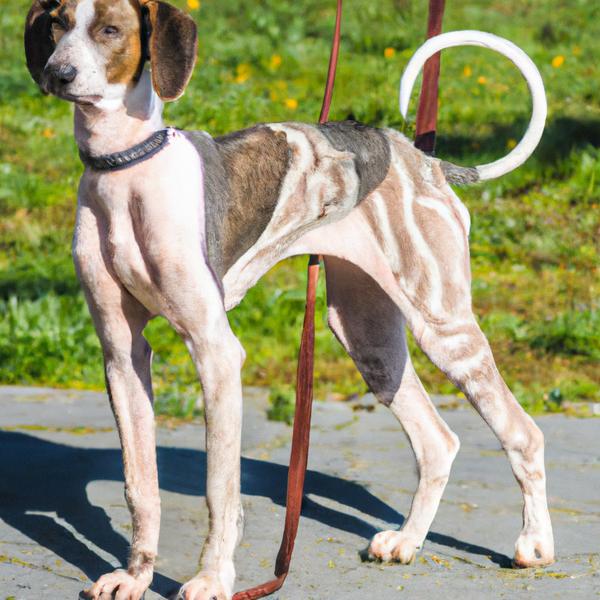Italian Papihound vs. Dalmatian Heeler: Breed Differences and Similarities
Hypoallergenic
Are Italian Papihounds or Dalmatian Heelers hypoallergenic, or neither?
Unfortunately, neither Italian Papihound nor Dalmatian Heeler are hypoallergenic, which may not make them the best choice for dog lovers who suffer from pet allergies.
Temperament
What are the personalities of Italian Papihound and Dalmatian Heeler dogs?
Happy
Agile
Energetic
Alert
Intelligent
Friendly
Affectionate
Companionable
Athletic
Mischievous
Active
Playful
Energetic
Protective
Alert
Sensitive
Intelligent
Friendly
Outgoing
Responsive
Loyal
Aggressive
Shedding Level
Do Italian Papihounds shed more than Dalmatian Heelers, or which breed sheds more, Italian Papihounds or Dalmatian Heelers?
Italian Papihounds shed very little hair, making them a great choice for those who dislike excess hair in the house.
Dalmatian Heelers are heavy shedders, but regular brushing can help manage shedding and promote a healthy coat.
Origin
What is the origin of Italian Papihound and Dalmatian Heeler dog breeds?
United States
Unites States
Ancestry
What are the origins of Italian Papihound and Dalmatian Heeler breeds?
Papillon and Italian Greyhound
Dalmatian and Australian Cattle Dog
Breed recognition
Which kennel clubs recognize/register Italian Papihound and Dalmatian Heeler?
ACHC = American Canine Hybrid Club
DRA = Dog Registry of America, Inc.
IDCR = International Designer Canine Registry®
DRA = Dog Registry of America, Inc.
Date of Birth
When were Italian Papihound and Dalmatian Heeler breeds first developed?
Unknown
Eye Color Possibilites
What are the eye colors of Italian Papihound and Dalmatian Heeler dogs?
Brown
Brown
Nose Color Possibilites
What are the natural nose colors of Italian Papihound and Dalmatian Heeler?
Black
Black
Coat Color Possibilites
What are the natural colors of the coat for Italian Papihound and Dalmatian Heeler breeds?
Gray
Red
Fawn
Blue
Black
White
Cream
Red
Blue
White
Black
Brindle
Coat Length
What is the typical coat length for Italian Papihound and Dalmatian Heeler breeds?
Italian Papihounds have medium-length coats.
Dalmatian Heelers have coats that can be either short or medium in length.
Coat Density
What is the density of the coat of Italian Papihound and Dalmatian Heeler?
Coat Texture
What is the hair texture of Italian Papihound and Dalmatian Heeler?
Straight
Litter Size
What is the usual litter size for Italian Papihound and Dalmatian Heeler?
An Italian Papihound can have a litter of 2-4 puppies on average. However, it's worth noting that the size of the litters can vary greatly. Factors that can influence litter size include the health of the mother, breeding history, and genetics.
A Dalmatian Heeler can have a litter of 6-9 puppies on average. However, it's worth noting that the size of the litters can vary greatly. Factors that can influence litter size include the health of the mother, breeding history, and genetics.
Adaptability
Italian Papihounds are highly adaptable and versatile, making them excellent companions for families and individuals of all lifestyles.
Dalmatian Heelers are known for their adaptability and can adjust well to different environments and lifestyle changes.
Health Issues
Between Italian Papihound and Dalmatian Heeler, which breed is more prone to health problems?
While the Italian Papihound breed is generally healthy, occasional vet check-ups are still necessary to address any health concerns.
Dalmatian Heelers typically have low vet costs due to their good health, but it's important to monitor their health and seek vet care when necessary.
Major Concerns
What are the major health concerns for Italian Papihound and Dalmatian Heeler breeds?
Patellar Luxation
Epilepsy
Progressive Retinal Atrophy (PRA)
Hip Dysplasia
Progressive Retinal Atrophy (PRA)
Minor Concerns
What minor health issues should be kept in mind when owning Italian Papihound and Dalmatian Heeler?
None Known
Skin Allergies
Urinary Stones
Occasional Tests
What occasional tests are recommended for Italian Papihound and Dalmatian Heeler breeds?
X-Rays
Eye Examination
Physical Examination
Electrocardiogram
X-Rays
Physical Examination
Ultrasound
Blood Tests
Eye Tests
Hearing Tests
Urinalysis and Urine Culture
Ultrasound to detect urinary stone location
Skin Scraping Test for Allergies
Social Needs
Italian Papihound vs Dalmatian Heeler social needs comparison
Italian Papihound and Dalmatian Heeler have above average social needs compared to other breeds. They thrive in environments where they have a lot of interaction with humans and other dogs.
Sleeping Need
Which of the two sleeps the most/least: Italian Papihound or Dalmatian Heeler?
Italian Papihounds sleep less than other breeds but still need adequate sleep for good health.
Dalmatian Heelers are active and require sufficient sleep to stay healthy.
Mouthiness
Mouthiness Comparison: Italian Papihound vs Dalmatian Heeler?
Roaming urge
Italian Papihound vs Labrador: Running away tendency?
Prey Drive
Italian Papihound or Dalmatian Heeler - which breed has a higher level of prey drive?
Activity Level
Which breed has higher energy, Italian Papihounds or Dalmatian Heelers?
Italian Papihounds are medium-energy dogs and typically enjoy socializing and playing casual or even sustained games of chase with other dogs. They may also have occasional periods of barking or racing around the house.
Dalmatian Heelers are high-energy dogs. They need mental as well as physical exercise. These dogs require a lot of your involvement and without it they can, and will, become problematic dogs.
Tolerance of being left alone
Walks per Week
How many miles should Italian Papihound or Dalmatian Heeler walk each week?
There's really no limit to how far you walk your dog as long as they're comfortable. For Italian Papihound, it's at least 9 miles / week. Just remember to build distance and stamina gradually over time.
There's really no limit to how far you walk your dog as long as they're comfortable. For Dalmatian Heeler, it's at least 12 miles / week. Just remember to build distance and stamina gradually over time.
Activity per Day
Do Italian Papihounds or Dalmatian Heelers require more exercise?
In general most Italian Papihounds usually need at least 45 minutes of exercise daily. This can be spread across the day and include all sorts of high-energy activities, like walking, running and playing.
In general most Dalmatian Heelers usually need at least 120 minutes of exercise daily. This can be spread across the day and include all sorts of high-energy activities, like walking, running and playing.
Grooming
Which breed is easier to maintain in terms of grooming, Italian Papihounds or Dalmatian Heelers?
The Italian Papihound has low grooming needs and is easy to maintain.
The Dalmatian Heeler is a low-maintenance breed that doesn't require much grooming.
Brushing Frequency
What is the recommended brushing frequency for Italian Papihound and Dalmatian Heeler dogs?
Italian Papihound should be brushed at least once a week. Of course you can give them more frequent brushes if you find that they are still shedding a lot
Ideally, Dalmatian Heeler should be brushed at least 2 or 3 times a week (preferably daily) improve shedding.
Brushing Tools
What brushing tools are used for Italian Papihounds and Dalmatian Heelers?
Pin Brush
Comb
Nail Clipper
Pin Brush
Dematter
Comb
Deshedder
Cups
How much food should be given to Italian Papihound or Dalmatian Heeler in cups?
For an average 8-10 pound (4 - 5 kg) Italian Papihound feed 1 cups daily. But, keep in mind, the amount you feed is going to be dependent on the quality of the food you are feeding.
For an average 38-60 pound (17 - 27 kg) Dalmatian Heeler feed 3 cups daily. But, keep in mind, the amount you feed is going to be dependent on the quality of the food you are feeding.
Daily Cost
Which breed has a higher daily cost, Italian Papihound or Dalmatian Heeler?
The average cost of an Italian Papihound is somewhere $1.00 - $1.40 per day.
The average cost of a Dalmatian Heeler is somewhere $2.10 - $2.70 per day.
Monthly Cost
Which breed has a higher monthly cost, Italian Papihound or Dalmatian Heeler?
The average per month expenses of an Italian Papihound is between $35 - $42. This makes an average of $420 - $504 per year. It will be on the higher side when the dog is still small because it will need more frequent visits to the vet, shots.
The average per month expenses of a Dalmatian Heeler is between $55 - $73. This makes an average of $660 - $876 per year. It will be on the higher side when the dog is still small because it will need more frequent visits to the vet, shots.
Sensitivity Level
How do Italian Papihound and Dalmatian Heeler compare in sensitivity?
These breeds are more sensitive than others and easily overwhelmed by new surroundings and people. Italian Papihound and Dalmatian Heeler need gentle handling and a calm, stable home environment with positive reinforcement training.
Apartment Friendly
Which breed is more apartment-friendly: Italian Papihound or Dalmatian Heeler?
Italian Papihounds are good apartment dogs as long as they get enough exercise and stimulation outside of the apartment.
The Dalmatian Heeler is not suitable for apartments and requires a large yard to thrive. Pent-up energy in small spaces can lead to destructive behavior.
Child Friendly
Do Italian Papihounds or Dalmatian Heelers have a friendlier temperament towards children?
Italian Papihounds have an average level of friendliness towards children.
Dalmatian Heelers make excellent family pets for kids due to their gentle, protective nature and calm temperament.
Senior-friendly
Which dog is more suitable as a pet for the elderly - Italian Papihound or Dalmatian Heeler?
Cat Friendly
Do Italian Papihound or Dalmatian Heeler breeds have a better compatibility with cats?
Italian Papihounds are good with cats, but early training is needed to prevent chasing behavior.
Dalmatian Heelers are average in their friendliness toward cats and tend to do well with them, especially if raised together.
Dog Friendly
Which breed is more sociable with other dogs: Italian Papihound or Dalmatian Heeler?
Italian Papihounds are average in their friendliness towards other dogs, and socialization can help.
Dalmatian Heelers are friendly and active companions, and can be good family pets, though their friendliness towards other dogs may vary.
Pet friendly
How do Italian Papihound or Dalmatian Heeler dogs interact with other pets?
Stranger Friendly
Which breed is more friendly with strangers: Italian Papihound or Dalmatian Heeler?
Italian Papihounds are friendly but may bark at strangers, and training is easy due to their intelligence.
Dalmatian Heelers are averagely friendly around strangers but benefit from early socialisation.
Playfulness
Which breed is more playful between Italian Papihound and Dalmatian Heeler?
Italian Papihounds are a playful breed that needs daily playtime to be happy.
Dalmatian Heelers are very playful, so adopting an older one might be a better option for a more relaxed experience.
Trainability
How do the trainability levels of Italian Papihounds and Dalmatian Heelers compare?
Italian Papihound and Dalmatian Heeler dogs are known for their ease of training and ability to learn quickly, making them a popular choice for pet owners and trainers alike.
Compare Italian Papihound with other breeds
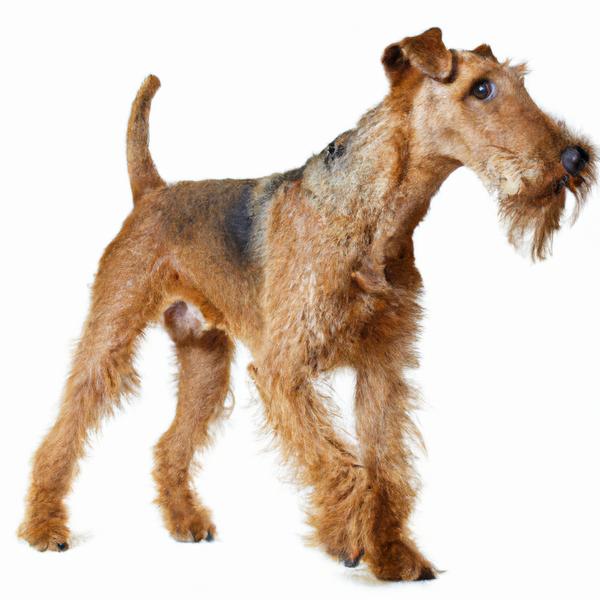
Irish Terrier
Italian Papihound vs Irish Terrier
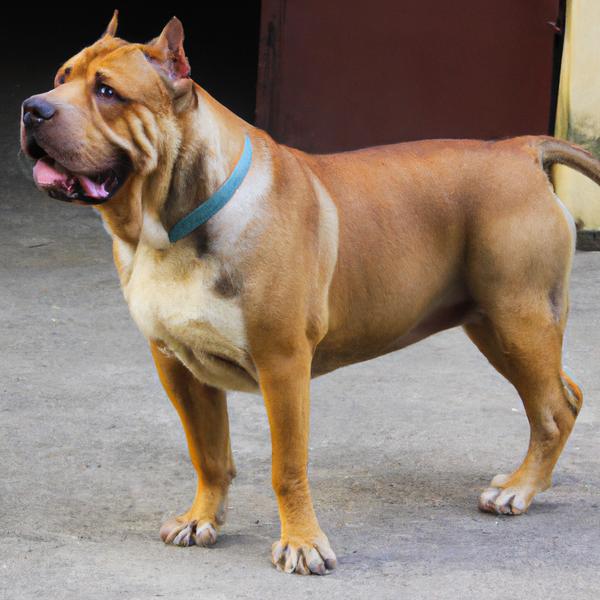
Masti-Bull
Italian Papihound vs Masti-Bull
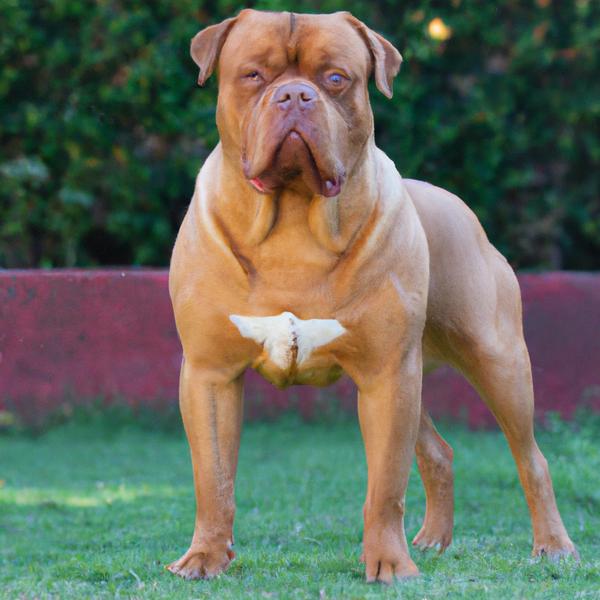
Bully Bordeaux
Italian Papihound vs Bully Bordeaux
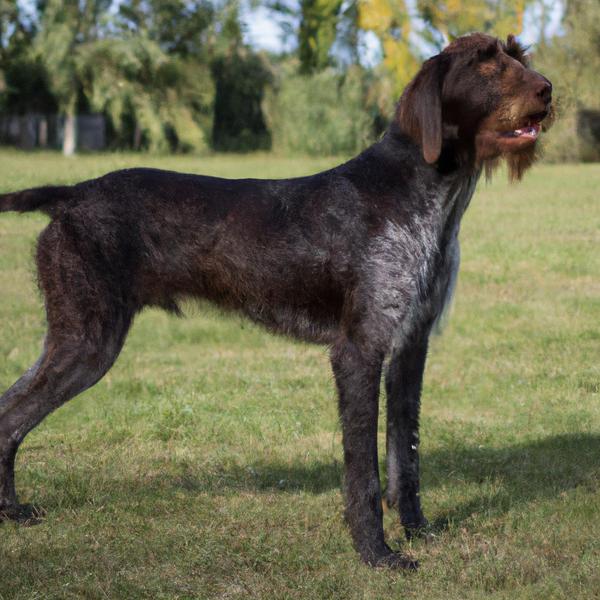
German Wirehaired Pointer
Italian Papihound vs German Wirehaired Pointer

Antebellum Bulldog
Italian Papihound vs Antebellum Bulldog
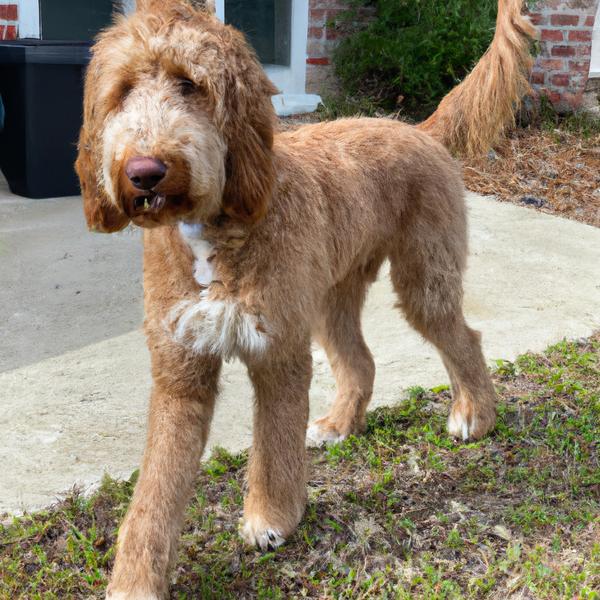
Redbone Coonoodle
Italian Papihound vs Redbone Coonoodle
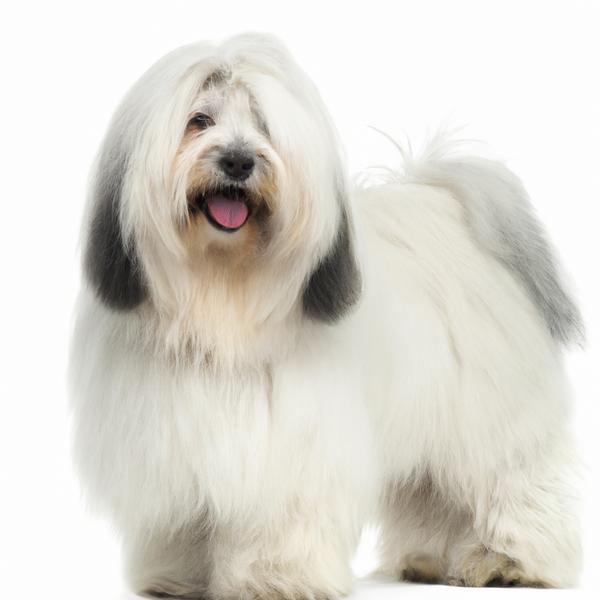
Havashire
Italian Papihound vs Havashire
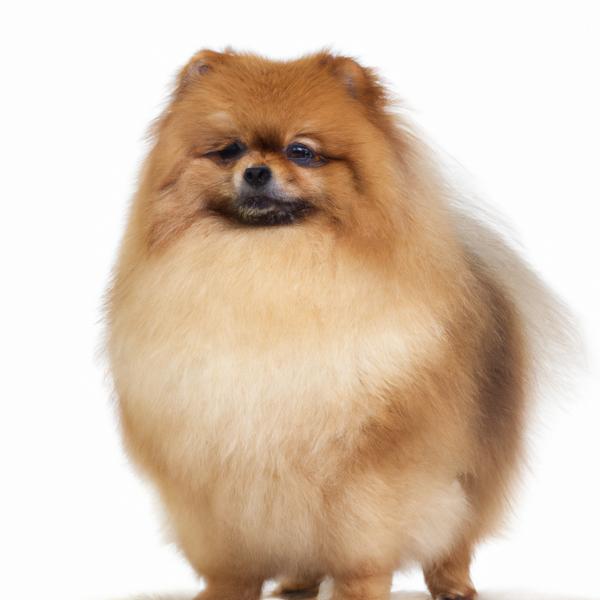
Pom-Silk
Italian Papihound vs Pom-Silk
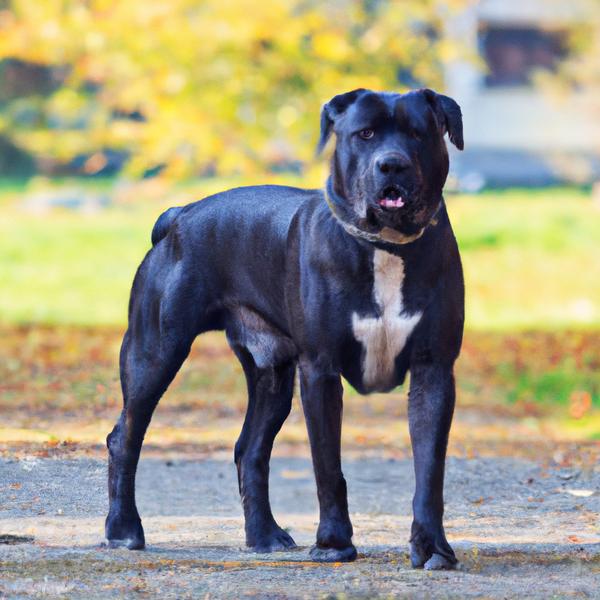
Bullmasador
Italian Papihound vs Bullmasador
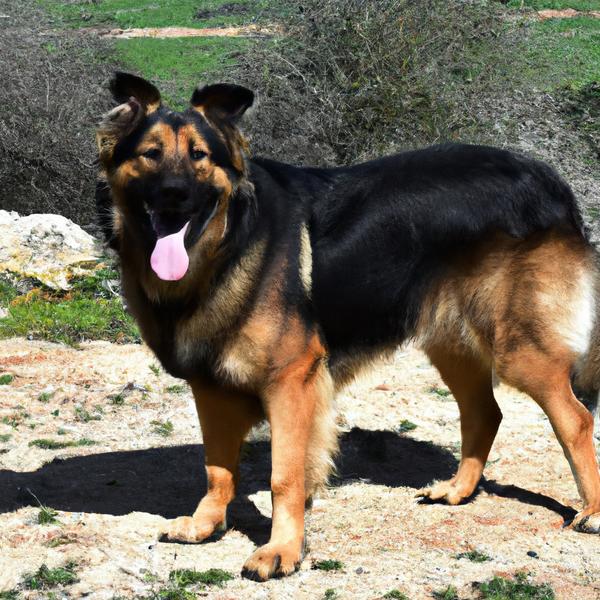
Saint Shepherd
Italian Papihound vs Saint Shepherd
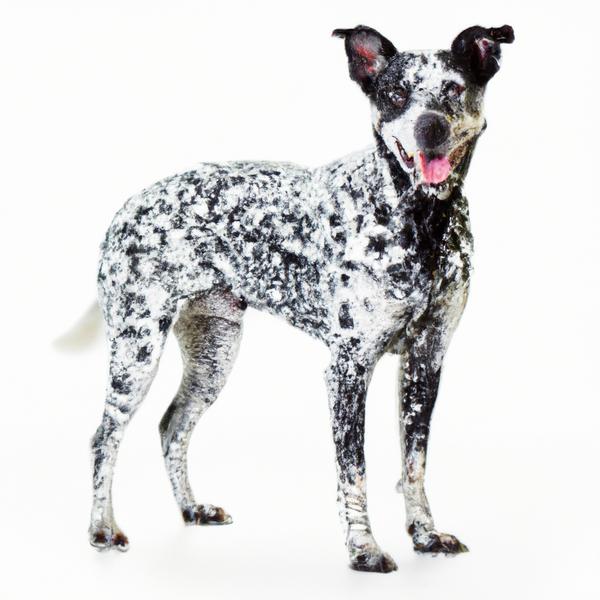
Dalmatian Heeler
Italian Papihound vs Dalmatian Heeler
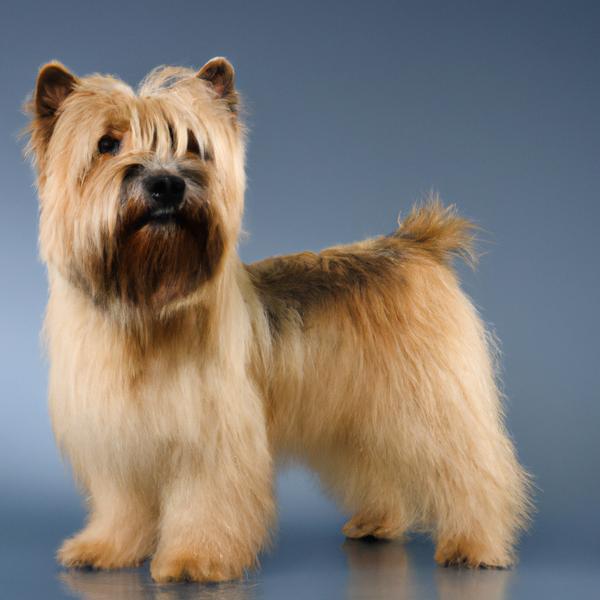
Silkland Terrier
Italian Papihound vs Silkland Terrier
